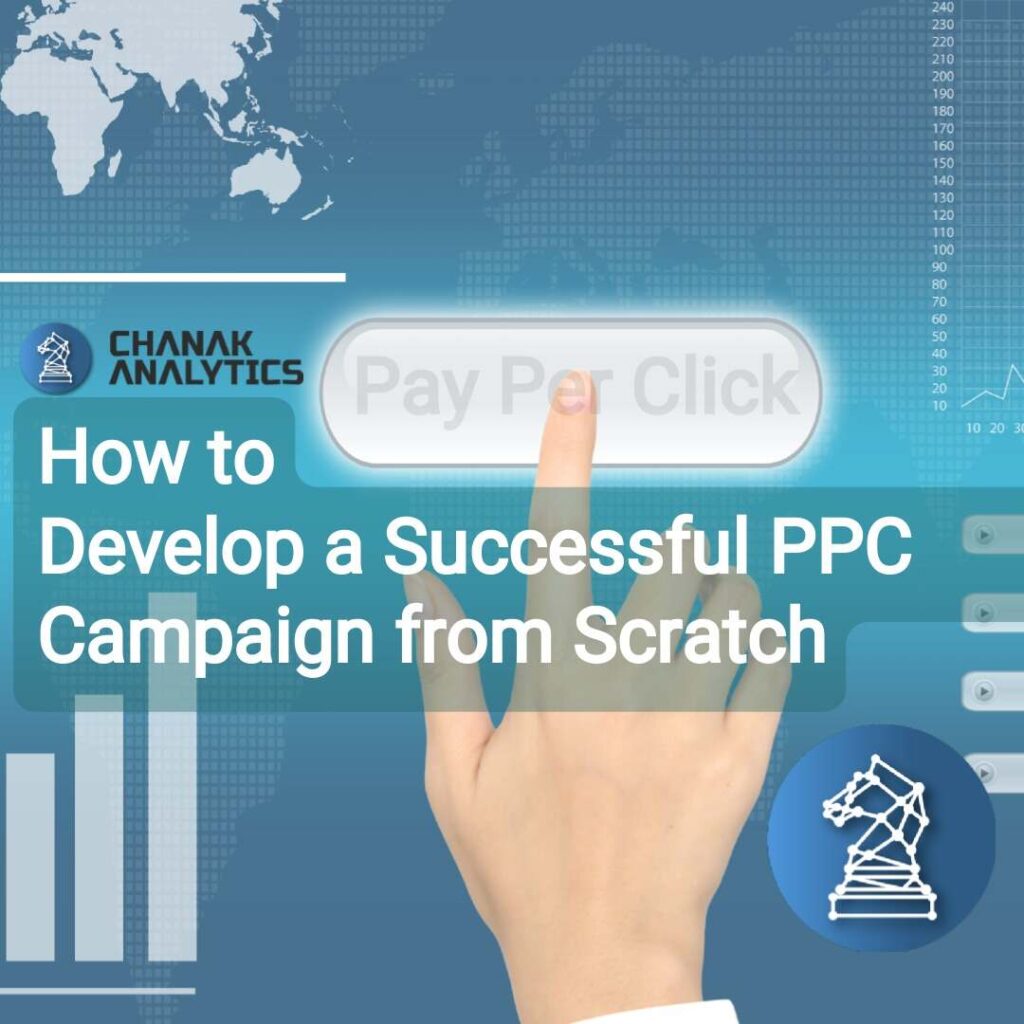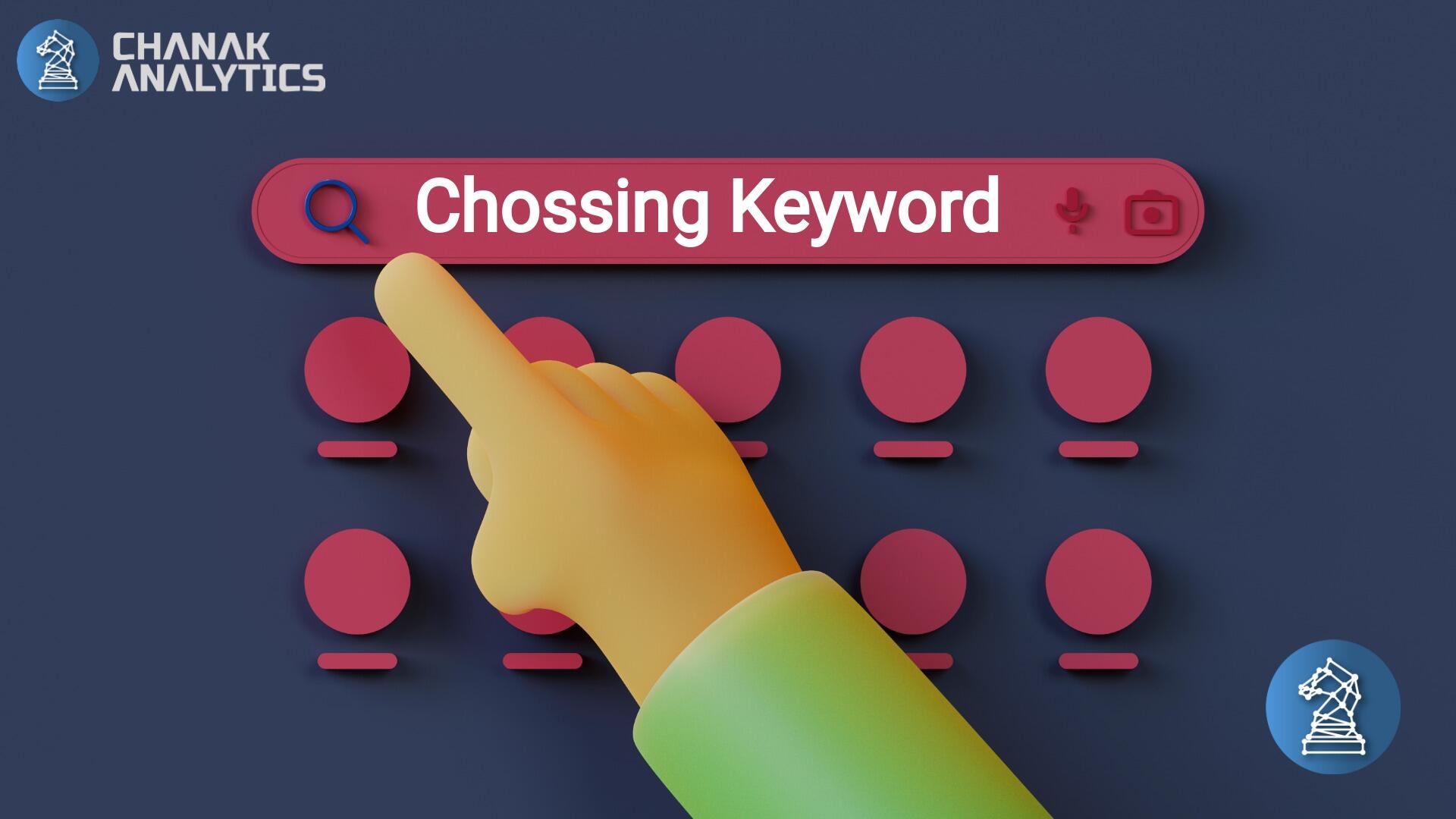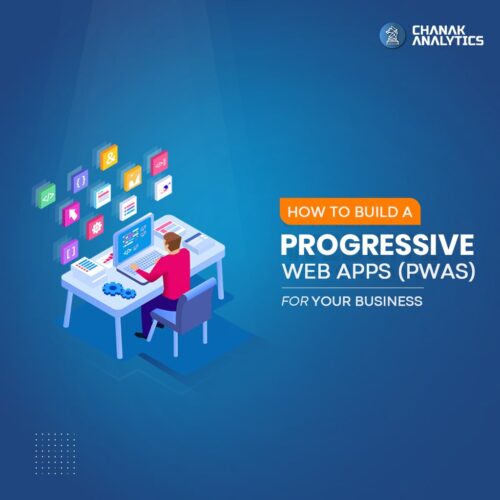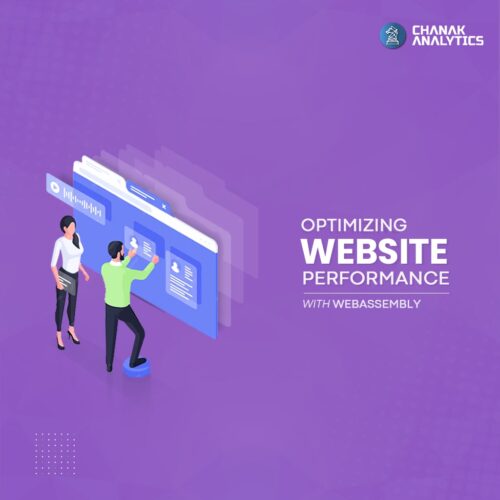How to Develop a Successful PPC Campaign from Scratch


Pay-per-click (PPC) advertising is a powerful tool for driving targeted traffic to your website. Unlike traditional advertising, PPC allows you to reach potential customers actively searching for your products or services. However, creating a successful PPC campaign requires careful planning, research, and ongoing management.
What is PPC?
PPC is an online advertising model in which advertisers pay users to click on one of their ads each time. Advertisers bid on keywords related to their business. Their ads are displayed on search engine results pages (SERPs) when users search for those keywords. PPC advertising aims to drive traffic to a website and convert those visitors into paying customers.
Setting Your Goals
Defining your goals is the first step in creating a successful PPC campaign. What do you want to achieve with your campaign? Do you want to increase sales, generate leads, or build brand awareness? Once you have a clear understanding of your goals, you can create a PPC plan that is tailored to your specific needs.
When setting your goals, it’s essential to be specific, measurable, achievable, relevant, and time-bound (SMART).
Here are some examples of SMART goals for a PPC campaign:
Increase sales by 20% within the next six months. Generate 100 leads per month at a cost-per-lead (CPL) of $10 or less Increase website traffic by 30% within the next three months. Improve your website’s conversion rate by 10% within the next six months.
Once you have set your goals, you must define your target audience. Who are you trying to reach? What are their interests, demographics, and pain points? Understanding your target audience is crucial to creating a PPC plan that resonates with them.
Choosing Keywords

Keyword research is a crucial component of any successful PPC campaign. You need to choose the keywords to help you reach your target audience. Start by creating a seed list of keywords relevant to your business. Use tools like Google Keyword Planner, SEMrush, or Ahrefs to expand your list and identify high-traffic, low-competition keywords.
Here are some tips to help you choose the right keywords for your campaign:
1. Start with a seed list:
Create a list of keywords that are relevant to your business. Consider your products or services and the terms your customers might use to search for them. Use tools like Google Keyword Planner, SEMrush, or Ahrefs to expand your list and identify high-traffic, low-competition keywords.
2. Focus on long-tail keywords:
Long-tail keywords are longer and more specific phrases targeting a niche audience. They have a lower search volume but are highly relevant to your business. Long-tail keywords can help you reach your target audience more effectively and reduce your CPC.
3. Consider intent:
Think about the user’s intent when they search for a particular keyword. Are they looking for information, or are they ready to purchase? Use keywords that match the intention of the user to increase the chances of conversion.
4. Analyze your competitors:
Analyze the keywords your competitors are using in their PPC campaigns. Use tools like SEMrush or SpyFu to identify the keywords they are targeting and the ads they are running. This can help you identify gaps in your campaign and optimize your strategy.
Use negative keywords
You don’t want to target negative keywords in your campaign. For example, suppose you’re a vegan restaurant. In that case, you might want to use “vegan” as a positive keyword and “meat” as a negative keyword. This will prevent your ads from appearing in searches for “meat restaurant” or “burger restaurant.”
Building Your Campaigns & Ads
Once you have your keywords, it’s time to create your campaigns and ads. Your campaign structure should be organized, making managing and optimizing your campaigns easy. Create ad groups that are relevant to your keywords and create ads that are engaging and persuasive. Your ad copy should be clear, concise, and include a strong call-to-action (CTA).
Determining Your Budget

Your budget is an essential factor in the success of your PPC campaign. You need to determine how much you’re willing to spend on your campaigns and set a daily budget you’re comfortable with. Use tools like Google Ads’ Keyword Planner to estimate potential traffic and costs.
• Setting Your Budget:
Setting your budget is an essential step in running a successful PPC campaign. To determine your budget, you must understand how much you are willing to spend on advertising and how much traffic you want to generate.
• Monitoring Your Budget:
Once you have set your budget, monitoring your spending is critical to ensure you stay within it. You should regularly check your campaign performance and adjust your spending as needed. If you spend too much, you may need to lower your bids or pause low-performing keywords or ads.
• Expected ROI:
Determining your expected ROI is an essential step in setting your PPC budget. You need to know how much revenue you can expect to generate from your PPC campaigns. You can calculate your expected ROI by estimating your conversion rate, average order value, and profit margin. For example, suppose your conversion rate is 5%. In that case, your average order value is $100, and your profit margin is 20%.
Tracking & Optimizing Performance
Tracking your PPC performance is crucial to the success of your campaign. Use Google Analytics or other tracking tools to monitor your traffic, conversions, and other key performance indicators (KPIs). Use this data to optimize your campaigns, ad groups, and keywords. A/B tests your ads to identify which performs best and adjust as needed.
Conclusion: Get Started Now!
In conclusion, setting up a successful PPC campaign from scratch requires careful planning, research, and ongoing management. Start by defining your goals, choosing the right keywords, creating engaging ads, and setting a budget you’re comfortable with. Track your performance, optimize your campaigns, and adjust to maximize ROI. With the right strategy, PPC advertising can help you reach your target audience and grow your business.
Join the community
Join our 400,000+ person community and contribute to a more private and decentralized internet. Start for free.


